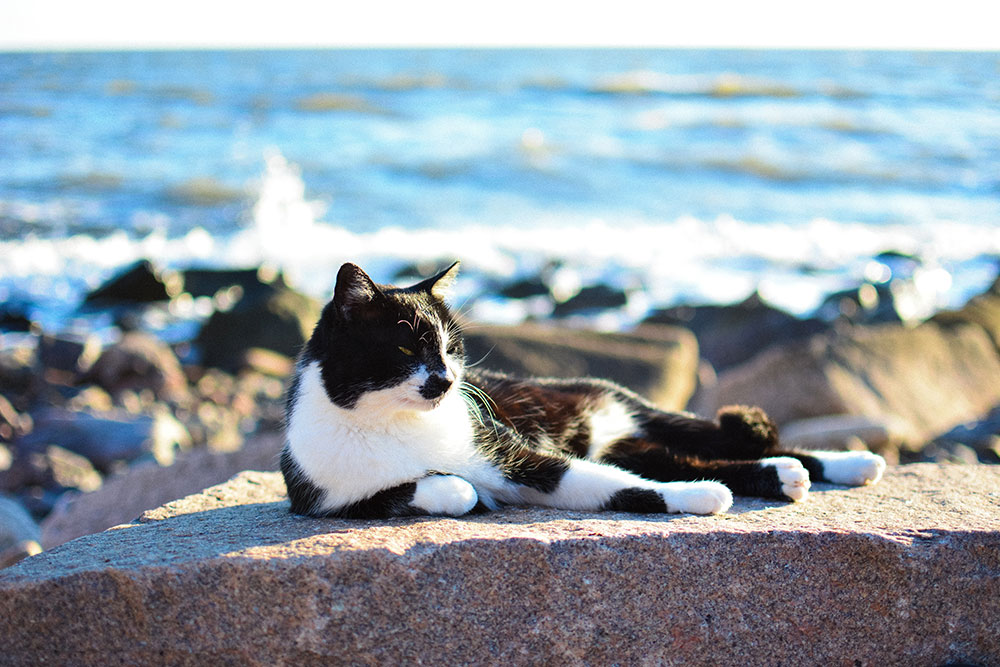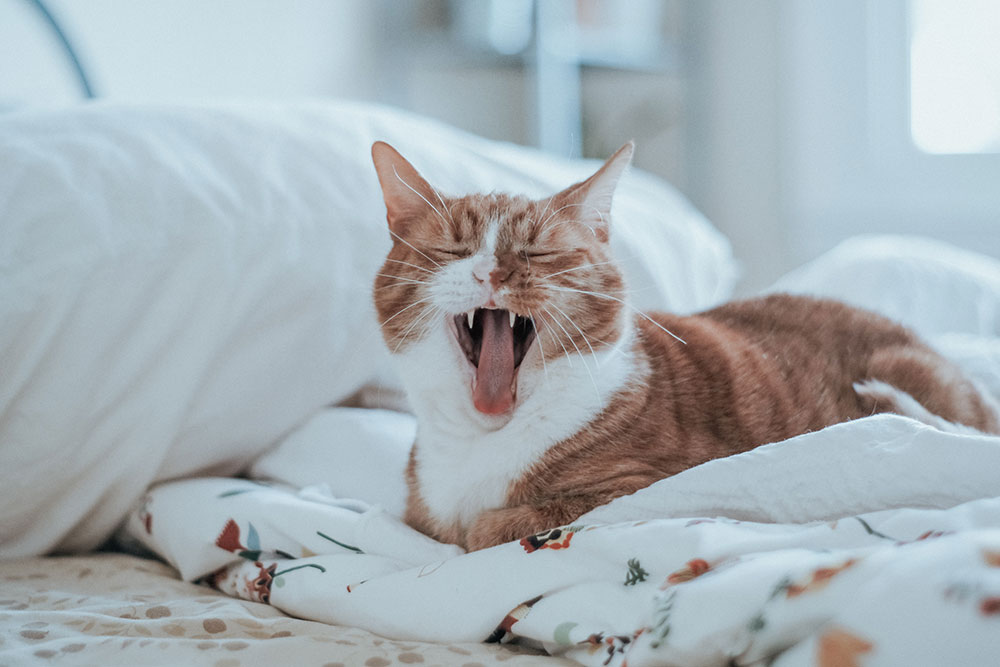
Learning to Surf
Grieving a cat—or any kind of grief—is not a one-size-fits-all experience (as though any experience or emotion were?). Some people can’t stop sobbing, while others reflect quietly. Some are comforted by hugs and rituals; others need solitude to process their loss.
There’s no “right” way to grieve, and there’s no “right” length of time. In fact, I don’t see a loss as something we “get over,” but rather something that becomes a part of our life experience. When our skin is gravely injured, it doesn’t go back to looking the way it did before; it heals, and we have a scar. .
Loss changes the fabric of our lives; it changes the way we perceive and interact with the world. And like a scar, walking through grief (not trying to circumvent it) makes something in us stronger, more resilient. Grief is something to be healed, not to transcend.
Grief is nonlinear, too. Our human minds would love to make grief into a process that has a distinct beginning, middle and end…but in my experience, that’s just not true. Grief, like life, is messy and unpredictable. As Jon Kabat-Zinn writes, “You can’t stop the waves, but you can learn to surf.”
We all grieve, and for each of us, our grief is as unique as a fingerprint. If we try to avoid grief, it will redouble its strength and burst forth anyway. However you need to grieve, that’s the right way for you.
